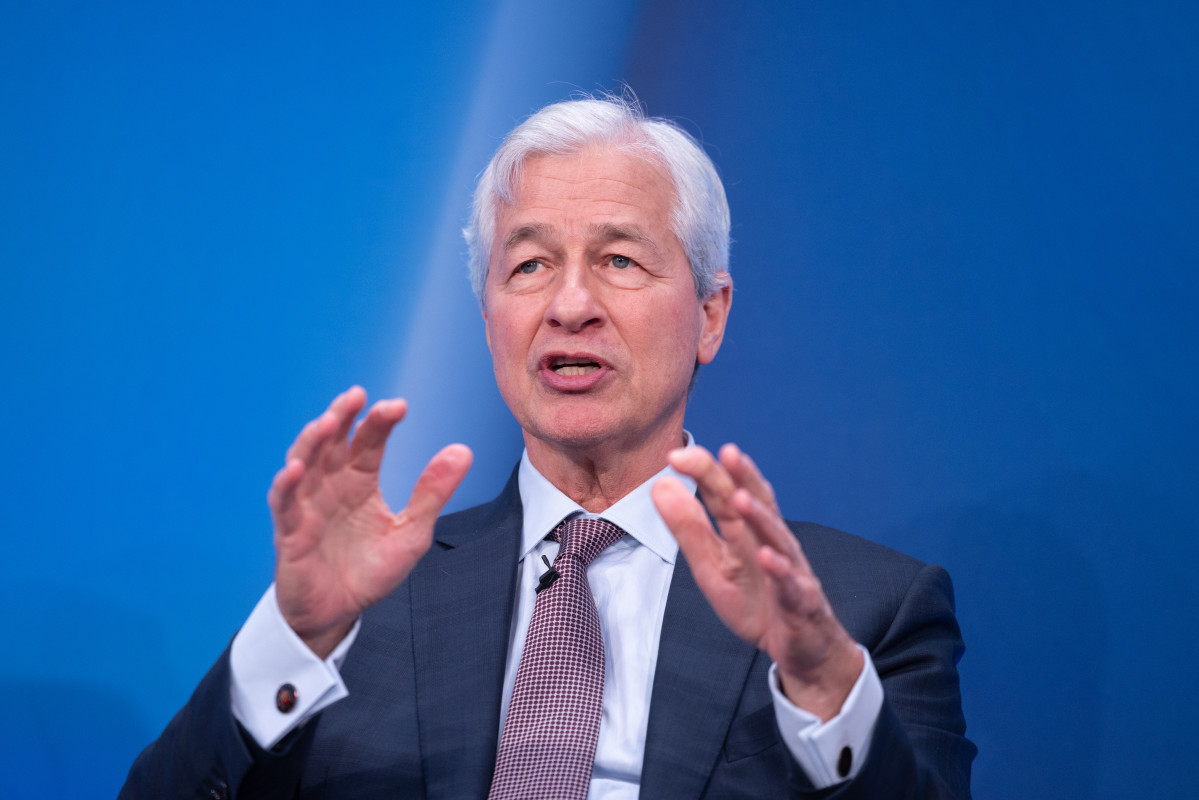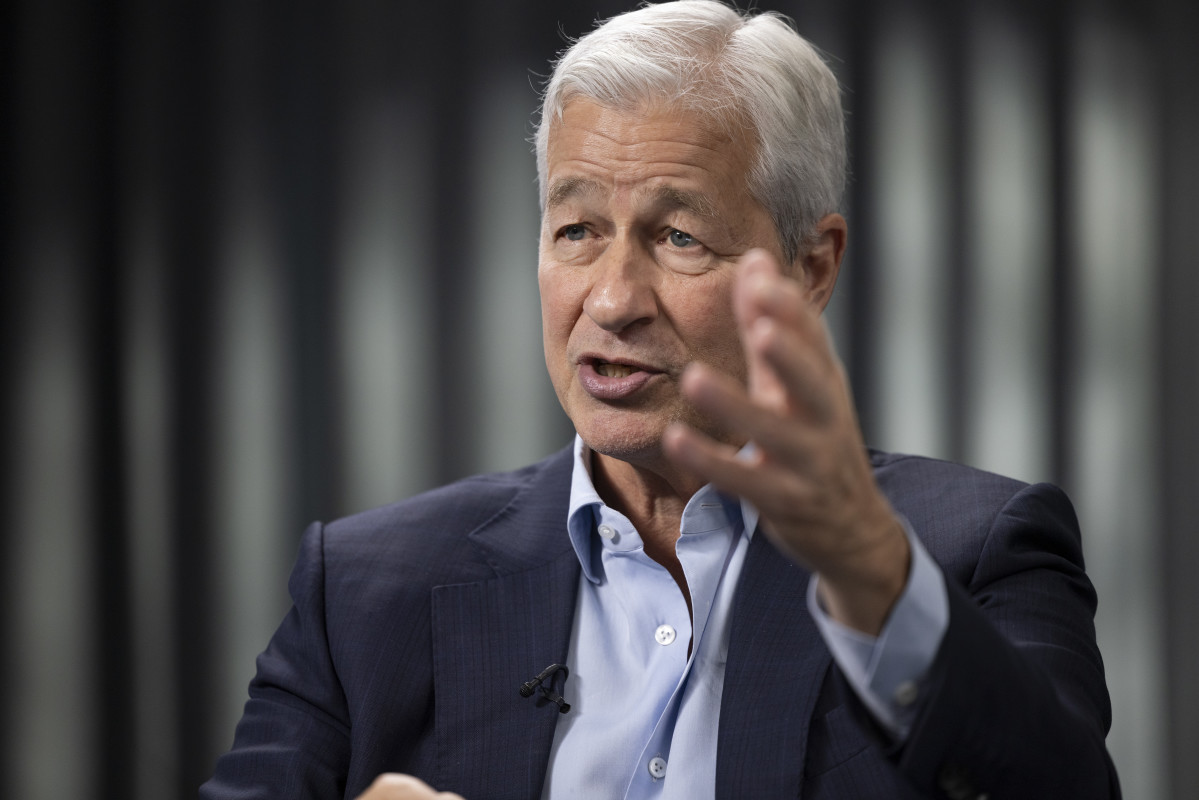
More people are coming to believe in the strength of the U.S. economy.
Friday’s employment news confirmed the strength. Non-farm payrolls surged 303,000 in March, the most in nearly a year, and unemployment eased to 3.8%.
"The U.S. economy is really firing on all cylinders, creating more jobs than anticipated," said George Lagarias, chief economist at Mazars.
Immigration in particular has boosted supply – in the form of additional workers – and demand – in the form of spending – for the economy.

The U.S. economy expanded at an annualized rate of 3.4% in the fourth quarter and 4.9% in the third quarter. The Atlanta Fed’s GDP tracker forecasts first-quarter growth of 2.5%.
"With jobs and wages rising and inflation moderating, Americans will continue to spend this year, extending the economic expansion," said Comerica Bank's chief economist, Bill Adams.
They certainly have plenty to spend. Daniel Casali, chief investment strategist at wealth manager Evelyn Partners, notes that nominal labor income, which includes wages, hours worked, and the broader labor market, rose 6% in March from a year earlier.
That's nearly double the rate of inflation in February.
Related: Jobs report smashes forecasts as red hot labor market confounds Wall Street
Of course, the stronger the economy, the less room for the Federal Reserve to cut interest rates. In March, the median forecast of Fed officials totaled three rate cuts for this year. However, interest-rate futures traders offer only a 48% probability that the Fed will reduce rates that many times.
And a growing number of experts, including Torsten Slok, chief economist at Apollo Global Management, predict the Fed will not reduce rates in 2024.
Harvard economist Larry Summers, a former Treasury secretary, even sees a 15% or more chance that the Fed’s next move will be to increase interest rates.
The Fed’s federal funds rate target now stands at 5.25% to 5.50%, after the central bank executed 11 rate hikes from March 2022 to July 2023.
Goldman Sachs’ revamps GDP outlook
Getting back to the economy, Goldman Sachs, whose commentary is widely respected by financial markets, estimates full-year 2024 GDP growth of 2.5% after last week’s job data. That’s far above what it said is a 1.4% market consensus.
Related: Americans doubt the economy's stunning success — they shouldn't
Goldman’s forecast, of course, jibes with a view of Fed caution regarding cutting rates.
“The Fed had already been apprehensive about cutting rates in the summer, and a stronger economy certainly does not make the case for monetary easing," said Lagarias of Mazars.
Jamie Dimon offers a hard-nosed reminder of risks
If market interest rates move higher, that could mean trouble for the economy, says legendary banker Jamie Dimon, chief executive of JPMorgan Chase.
In his annual shareholder letter, he said that after three regional banks failed in the spring of 2023, “we thought that the banking crisis was over.”
Related: JP Morgan CEO Jamie Dimon delivers stark warning on inflation, economy
“However, we stipulated that the crisis was over provided that interest rates didn’t go up dramatically and we didn’t experience a serious recession.”
So here’s the kicker, “If long-end rates go up over 6% and a recession accompanies this increase, there will be plenty of stress,” Dimon said. And that stress will “not just come in the banking system but with leveraged companies and others.”
The 10-year Treasury yield stood at 4.42% Monday, and the 30-year yield at 4.55%. It’s unclear which of them Dimon had in mind.
More Economic Analysis:
- Bond markets tell Fed rate story that stocks still ignore
- February inflation surprises with modest uptick, but core pressures ease
- Vanguard unveils bold interest rate forecast ahead of Fed meeting
In any case, “a simple 2 percentage-point increase in rates essentially reduced the value of most financial assets by 20%,” he said. “And … office real estate may be worth even less due to the effects of recession and higher vacancies.”
The economy may not be ready for the Fed’s higher-for-longer interest-rate policy, Dimon said. “We should consider that rates have been extremely low for a long time. It’s hard to know how many investors and companies are truly prepared for a higher rate environment.”
Related: Veteran fund manager picks favorite stocks for 2024







